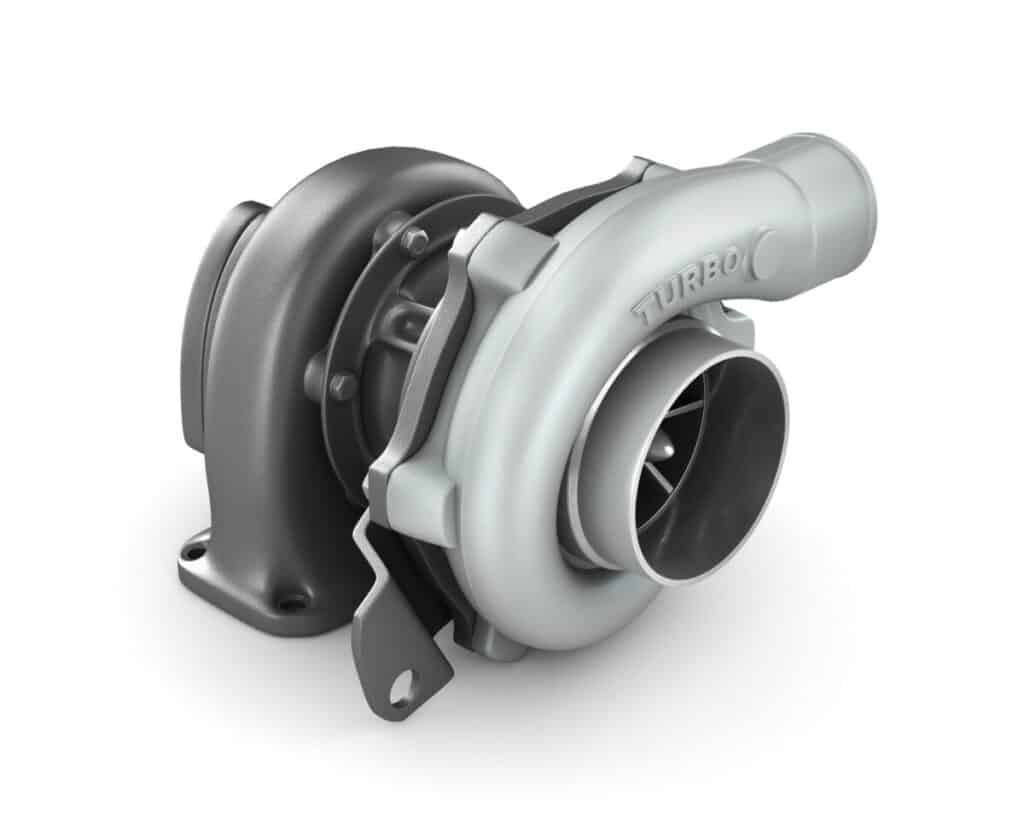A common trend I see emerging is people are removing the air filter from there turbos to either make more power or make there turbo flutter louder, either way, unless you are doing it with a track car you should never run a turbo without the air filter.
Without an air filter, the turbo can suck in dirt and debris, which will result in catastrophic failure of the turbocharger, if the turbo gets too badly damaged the internals may come apart and get sucked into the engine via the air intake manifold, once this happens valves in the head will bend or a piston will crack causing complete engine failure.
An air filter is designed to catch the smallest particles of dirt or debris and stop them from entering the turbo and colliding with the compressor wheel. The compressor wheel spins at speeds upwards of 280,000 RPM, this creates a vacuum inside the compressor housing which then sucks air in from the atmosphere.
To find out exactly how a turbo works you should check out this article.
The air being sucked into the turbo first must pass through the air filter at a very high velocity before entering the turbocharger. That’s why it is extremely important you never run your turbo without an air filter and always ensure your air filter is correctly installed and regularly cleaned or replaced to guarantee that absolutely no dirt reaches the compressor wheel because if it does, complete failure of the turbo is highly likely.

If complete failure does occur (which it usually does) the rotating internal parts of the turbo such as the compressor wheel, bearings or shaft can disintegrate due to the high-impact collision caused at that speed.
If this happens there is a strong possibility these fragments will get sucked into your engine, through the intercooler, and into the intake manifold. Once that happens the metal fragments will get jammed in the head valves while they are opening and closing which will bend the valves. This would result in the cylinder head needing to be rebuilt or replaced.
If the metal fragments manage to make their way past the valves and into the cylinders of the engine the pistons will hit the fragments on the up stroke and result in cracked or damaged pistons. The only solution for damaged pistons is to either replace the engine or have the engine completely rebuilt at a cost of approximately $3000 depending on the model car and the mechanic you bring it to.
Conclusion
The cheapest option overall is to leave the air filter installed and if needed upgrade it to a high-performance filter, motorbike filters also work really well so long as the compressor outlet on the turbo is small enough for the bike filter to fit over.
If you do decide to run the turbo without the air filter for a long period you should begin saving now and check out this article which gives you all the telltale signs that your turbo may be going to help avoid complete failure, because you will be looking at a repair bill of at least $1000 minimum to fix or replace the turbo alone. If you’re unlucky enough to suffer engine damage you are looking at a minimum of $3000, so you decide.
Recent Posts
A question I get asked a lot is should you let a turbo car warm up and cool down before driving it? And if so, how do you do it? Well, the answer is simple. If the ambient temperature is below...
